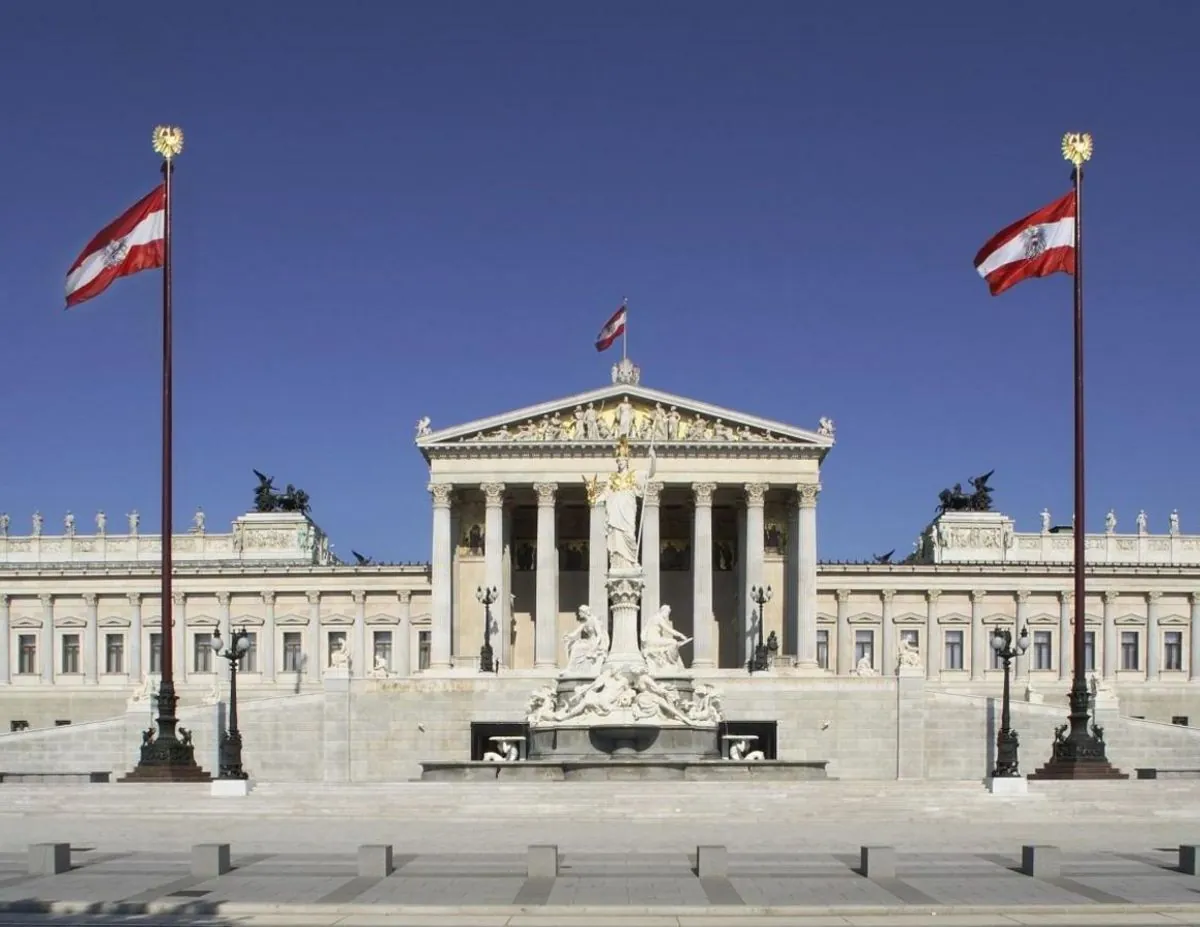In a significant political shift, Austria's far-right Freedom Party (FPÖ) has emerged victorious in the country's parliamentary elections held on September 29, 2024. Led by Herbert Kickl, the FPÖ secured 29.2% of the vote based on initial projections, marking a historic moment in Austria's postwar political landscape.
The FPÖ, founded in 1956, now faces the challenge of forming a government without an absolute majority in the 183-seat Austrian Parliament. This situation necessitates coalition negotiations, with the Austrian People's Party (ÖVP) emerging as a potential partner. The ÖVP, established in 1945, has been a dominant force in Austrian politics, participating in nearly every government for the past 37 years.
Karl Nehammer, the current Chancellor and ÖVP leader, has expressed openness to a coalition with the FPÖ. However, he has firmly ruled out forming a government that includes Kickl. This stance, coupled with reservations from President Alexander Van der Bellen, raises questions about the FPÖ's leadership in a potential coalition.
Austria, a country of approximately 9 million people, has a rich history of coalition governments within its federal system comprising nine states. The nation, known for its high standard of living and strong social welfare system, joined the European Union in 1995 and has maintained neutrality since 1955.
The election results reflect a complex political landscape in a country that has been a republic since 1918, following the dissolution of the Austro-Hungarian Empire. Austria's political system, a representative democracy, now faces a crucial test as it navigates the formation of a new government.
President Van der Bellen, who has held office since 2017, plays a pivotal role in this process. While it is customary for the president to ask the first-placed party to form a government, Van der Bellen has hinted at potential reservations about Kickl's candidacy for chancellor.
"It is established practice but as far as I am aware it is not in the constitution... What is in the constitution is that I appoint the chancellor... It is one of the very few points where the president has a completely free hand."
This statement, made last year, suggests that Van der Bellen might consider alternative approaches to government formation, potentially influencing the outcome of coalition talks.
The FPÖ-ÖVP coalition, if formed, would command approximately 55% of parliamentary seats. Both parties align on key issues such as immigration reform and tax cuts to stimulate Austria's economy, which has faced challenges in recent years.
However, the ÖVP, as a potential kingmaker, has other options. A three-way alliance with the Social Democrats and either the liberal Neos or the left-wing Greens could provide an alternative path to government formation, potentially allowing Nehammer to retain his position as Chancellor.
As Austria, a country renowned for its cultural heritage and environmental protection policies, navigates this political crossroads, the coming weeks will be crucial in determining the composition of its next government. The outcome will have significant implications for Austria's domestic policies and its role within the European Union.
